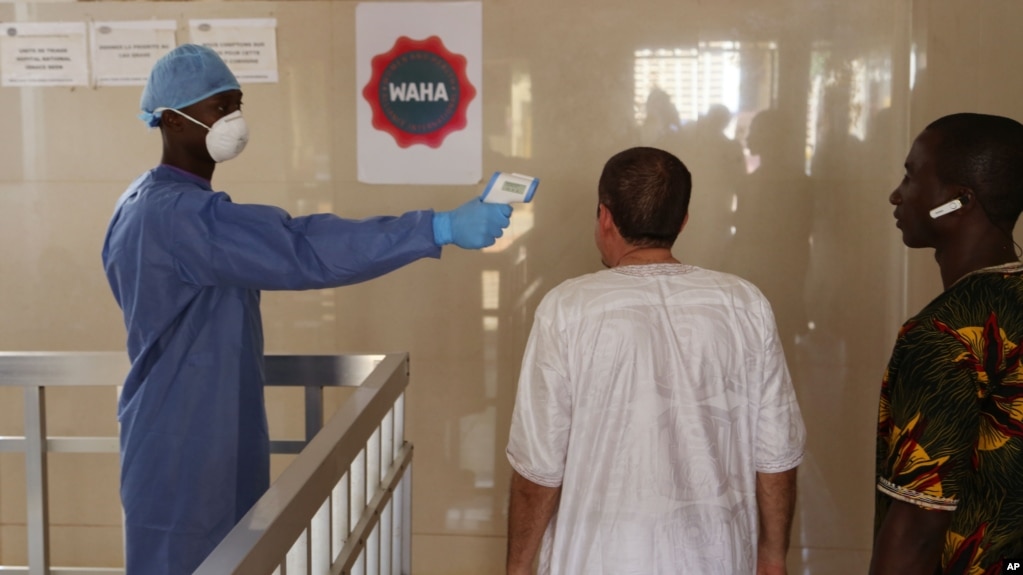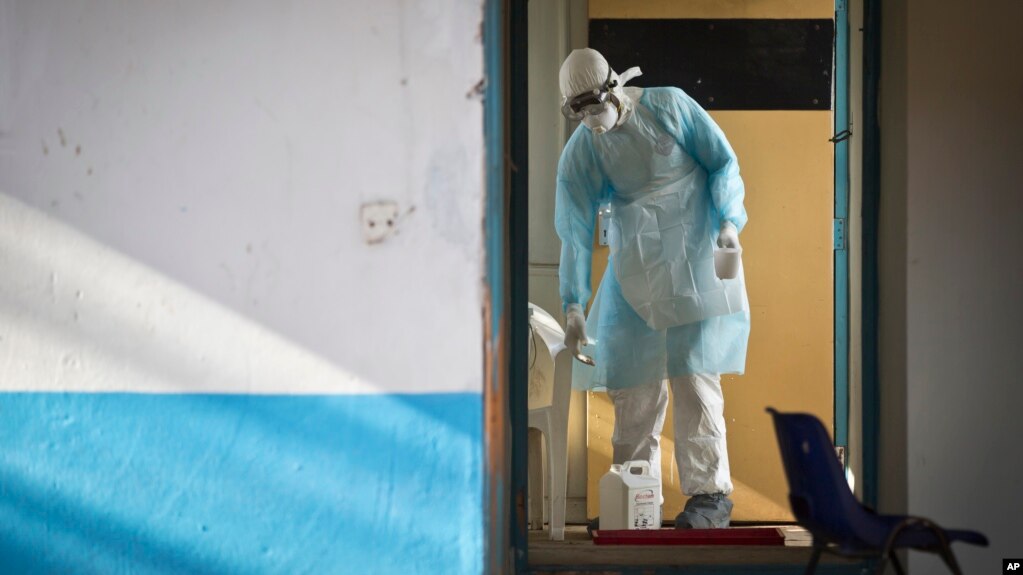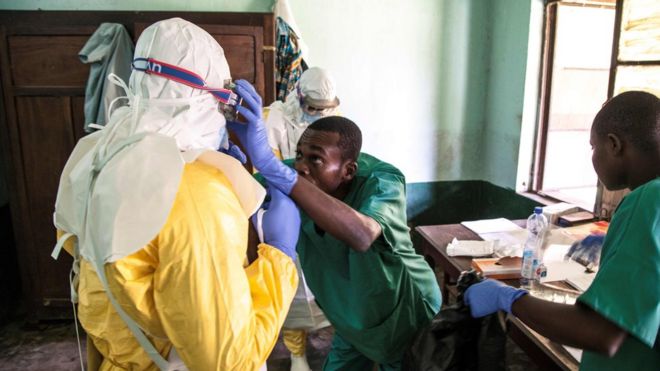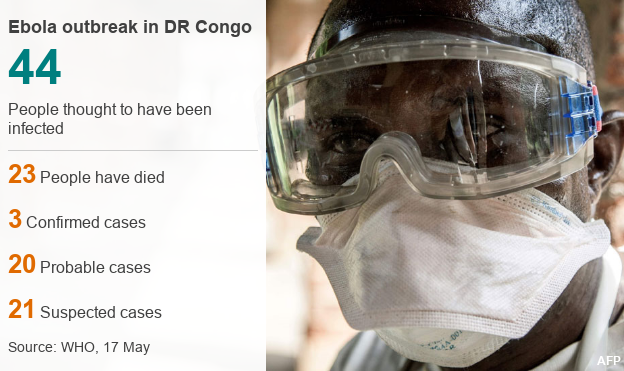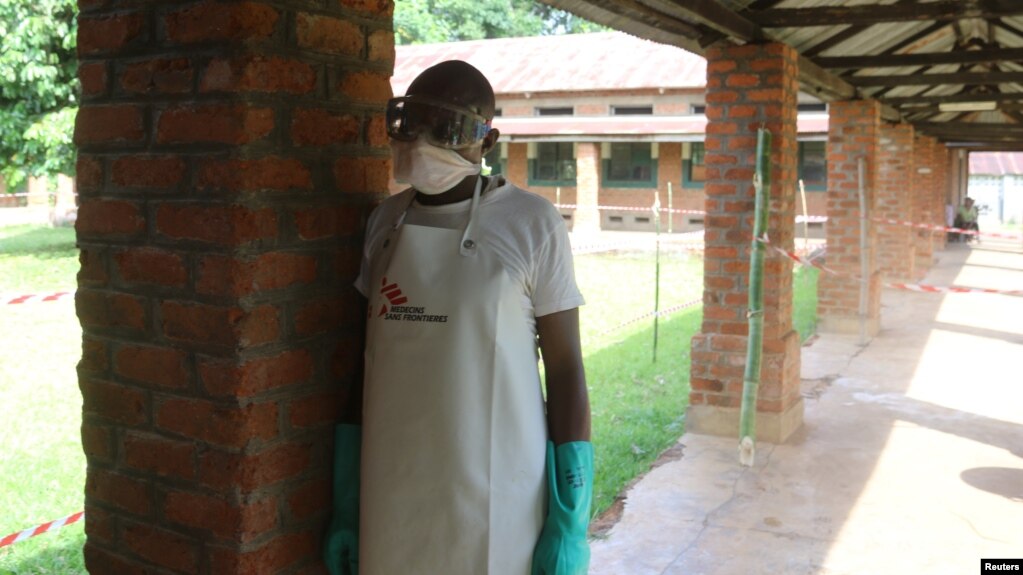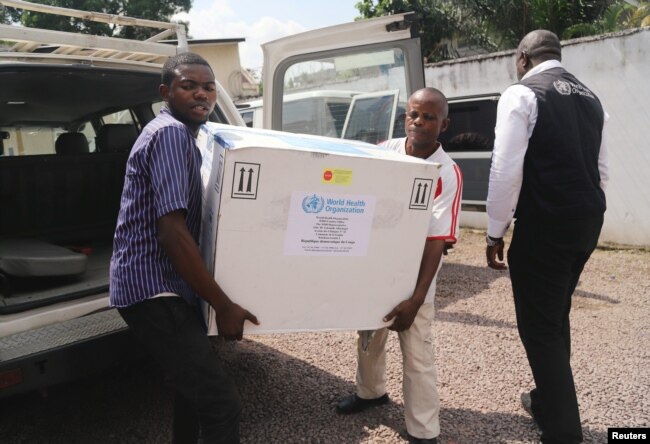The World Health Organization’s Regional Director for Africa says West Africa is better prepared to tackle future outbreaks of Ebola. In an exclusive interview with VOA, Matshidiso Moeti says Liberia, Sierra Leone and Guinea are now able to respond more quickly to emergencies because of upgrades to their surveillance, laboratory and health care systems. Moeti became head of WHO’s regional office for Africa in February 2015, at the height of the Ebola outbreak in West Africa. As the World Health Organization’s chief troubleshooter in the region, she told VOA she knew she had to do whatever was necessary to stop the spread of this fatal disease. Ebola had killed more than 11,000 people in the three most heavily affected West African countries by the time WHO declared the transmission of the Ebola virus virtually over at the end of last year.
Warning of flare-ups
Although it acknowledged that the epidemic was no longer out of control, the WHO warned the countries to remain vigilant as flare-ups of the disease were likely to continue for some time. ”We have had a very prolonged last leg of getting to zero in this outbreak and we are not there yet,” said Moeti. But, she added Liberia, Sierra Leone, and Guinea have greatly improved their ability to respond to Ebola and have proved this in their skillful management of the occasional flare-ups of the disease. “They have been able when they get an unexpected case in these last few months to be able to respond and detect it relatively early, follow-up the contacts and contain the spread. So, for me that is one of the best outcomes of this tragic situation in West Africa,” said Moeti.
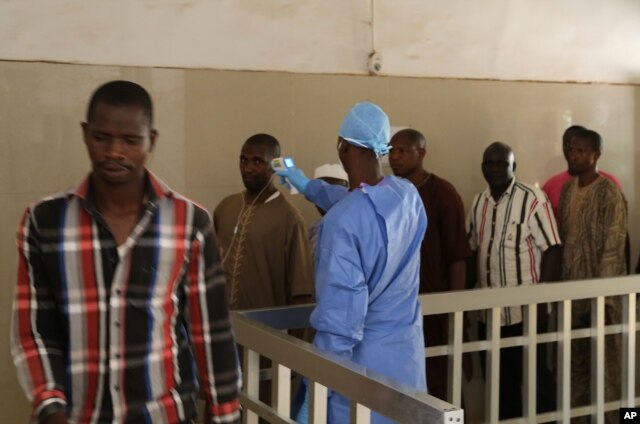
A health worker takes the temperature of people to see if they might be infected by the Ebola virus inside the Ignace Deen government hospital in Conakry, Guinea
But, she cautioned that all the improvements made in infrastructure, in response systems, and in skills training must be sustained. This, she said required the continued support of the International community. Moeti stressed that the funding and expertise that had poured into West Africa during the Ebola epidemic must hold. “I am very hopeful that some of the commitments that were made by the donors during the time when these countries were talking about their recovery actually do materialize,” she said. She called this essential “to ensuring that the healthcare workers, the infrastructure, the laboratories, the commodities that are needed to be available on an ongoing basis are sustained.”
Heath emergency reforms
The World Health Assembly, which has just wrapped up its annual meeting, has approved reforms of the emergency health system. Moeti praised the underlying agreement by member States to provide the money needed to implement this system. She said WHO will be in a better position now to head-off crises before they become full blown. This, she said would prove to be a boon to African countries. This year’s World Health Assembly had a particularly packed agenda of 76 health issues to consider. The 3,500 delegates who attended the week-long meeting approved 10 new resolutions including the program on health emergencies.
MORE
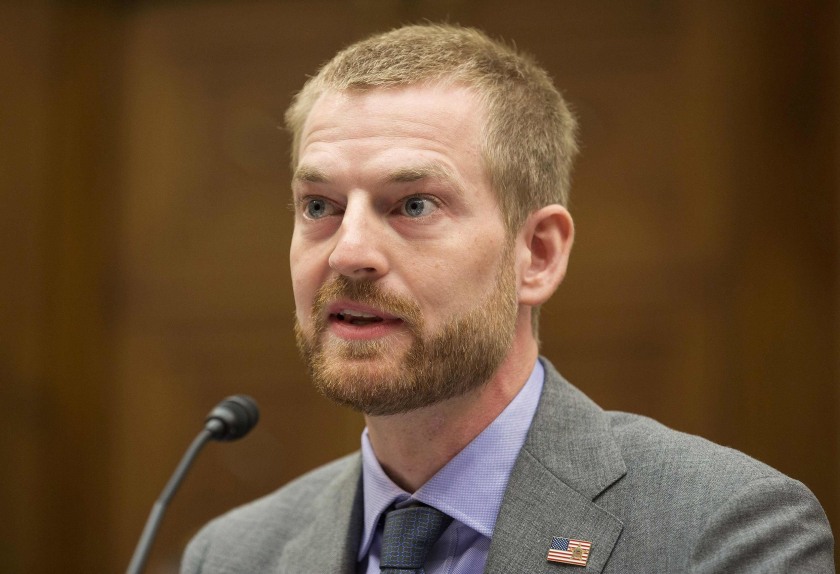




 Reply With Quote
Reply With Quote






